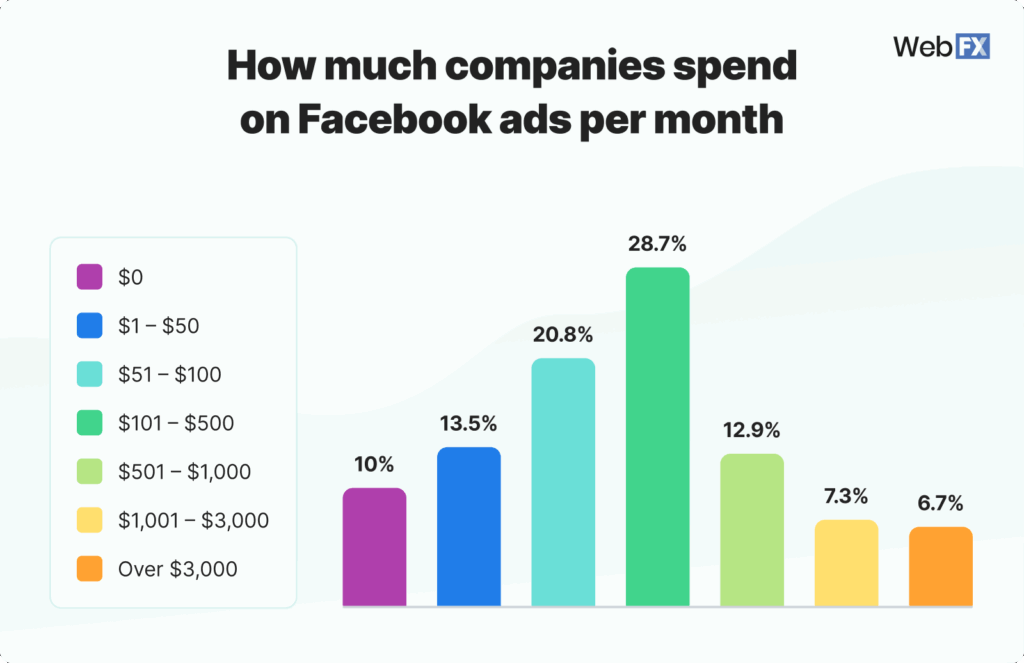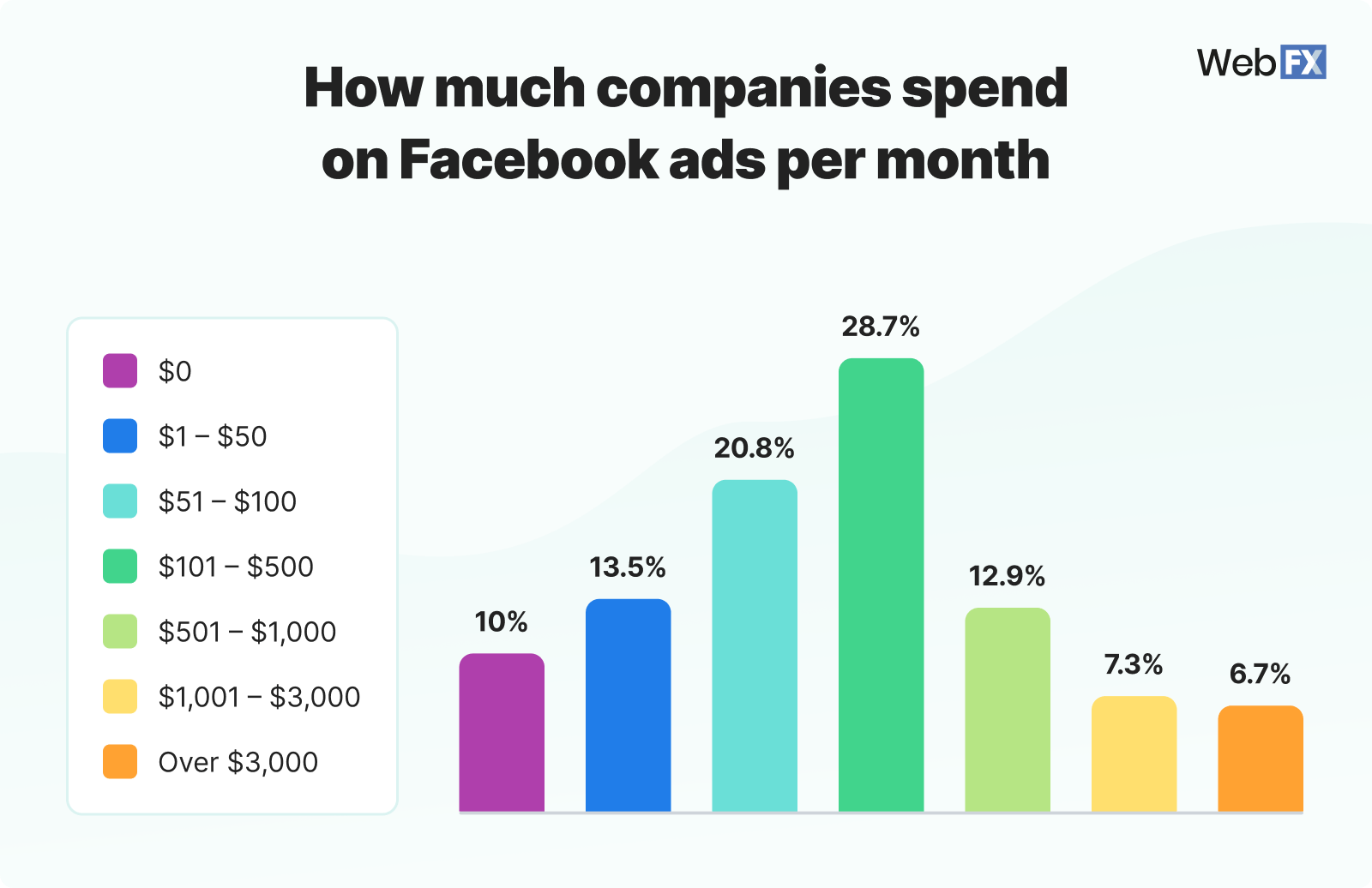
How Much Does Facebook Make a Year? Unveiling Meta’s Revenue Streams
Understanding Meta Platforms, Inc., formerly known as Facebook, requires a deep dive into its financial performance. The question, “how much does Facebook make a year?” is more complex than a simple number. It involves analyzing various revenue streams, market conditions, and strategic decisions. This article aims to provide a comprehensive overview of Meta’s annual revenue, breaking down the key factors that contribute to its substantial earnings.
A Deep Dive into Meta’s Annual Revenue
Meta, primarily through Facebook, generates billions of dollars annually. To truly understand how much does Facebook make a year, we need to look at the components that drive its revenue, mainly advertising and, to a lesser extent, its Metaverse ventures. Meta’s revenue is not solely derived from Facebook; it encompasses other platforms like Instagram, WhatsApp, and the Reality Labs division.
Advertising: The Primary Revenue Driver
Advertising is the undisputed king of Meta’s revenue. The vast majority of how much does Facebook make a year comes from selling advertising space to businesses of all sizes. These advertisements appear across Facebook’s various platforms, including the Facebook News Feed, Instagram Feed, Stories, and Messenger. The effectiveness of Meta’s advertising platform stems from its ability to target specific demographics, interests, and behaviors, making it highly valuable to advertisers. This targeted advertising capability is what drives the demand and, consequently, the massive revenue.
The pricing of these ads is determined by an auction system, where advertisers bid for ad placements. Factors influencing ad prices include the target audience, ad quality, and competition. Meta’s sophisticated algorithms optimize ad delivery to maximize both advertiser ROI and user engagement, further boosting revenue.
Reality Labs and Metaverse Investments
While advertising remains the core revenue source, Meta is heavily investing in the Metaverse through its Reality Labs division. This segment focuses on developing virtual and augmented reality technologies, including hardware like the Meta Quest VR headsets and software platforms for virtual interactions. Currently, Reality Labs represents a significant investment rather than a major revenue contributor. However, Meta anticipates that the Metaverse will become a substantial revenue stream in the future. The question of how much does Facebook make a year in the long term will largely depend on the success of these Metaverse initiatives.
Analyzing Recent Annual Revenue Figures
Let’s examine recent annual revenue figures to provide a clearer picture of how much does Facebook make a year. Meta’s annual reports, available on its investor relations website, provide detailed financial information. These reports break down revenue by segment, geographic region, and other key metrics.
For example, in 2023, Meta reported total revenue of approximately $134.9 billion. The vast majority of this revenue came from advertising. While Reality Labs generated some revenue, it also incurred significant losses, reflecting Meta’s ongoing investment in the Metaverse. Understanding these figures provides context for assessing Meta’s financial health and growth trajectory.
Factors Influencing Annual Revenue
Several factors can influence how much does Facebook make a year. These include:
- Economic Conditions: Economic downturns can lead to reduced advertising spending, impacting Meta’s revenue.
- Competition: Competition from other social media platforms and digital advertising providers can affect Meta’s market share and revenue.
- Regulatory Changes: Changes in data privacy regulations and antitrust laws can impact Meta’s ability to collect and use user data for targeted advertising, potentially affecting revenue.
- User Growth and Engagement: Increases in user base and engagement levels typically translate to higher advertising revenue.
- Technological Innovations: New technologies and advertising formats can create opportunities for Meta to generate additional revenue.
The Impact of Privacy Changes on Facebook’s Revenue
Recent changes in data privacy regulations, such as Apple’s App Tracking Transparency (ATT) feature, have presented challenges for Meta. ATT requires apps to obtain user permission before tracking their activity across other apps and websites. This has made it more difficult for Meta to target ads effectively, impacting ad revenue. The impact of these changes is an ongoing concern for Meta, and the company is actively working to mitigate its effects. This is important when considering how much does Facebook make a year moving forward.
Meta is exploring alternative advertising strategies, such as developing its own privacy-preserving technologies and focusing on first-party data. The company is also investing in AI and machine learning to improve ad targeting without relying on third-party data. Adapting to these privacy changes is crucial for Meta to maintain its advertising revenue and overall financial performance.
Future Revenue Growth Strategies
To ensure continued revenue growth, Meta is pursuing several key strategies. These include:
- Expanding Metaverse Offerings: Meta is investing heavily in developing the Metaverse, with the goal of creating new revenue streams through virtual experiences, digital commerce, and virtual advertising.
- Improving Ad Targeting: Despite privacy challenges, Meta is working to improve ad targeting through AI and machine learning, enabling advertisers to reach their desired audiences more effectively.
- Monetizing WhatsApp: Meta is exploring ways to monetize WhatsApp, such as through business messaging and commerce features.
- Developing New Products and Services: Meta is continuously innovating and developing new products and services to attract users and generate revenue.
Comparing Facebook’s Revenue to Other Tech Giants
To provide further context, it’s helpful to compare how much does Facebook make a year to the revenue of other tech giants like Apple, Google (Alphabet), and Amazon. These companies also generate substantial revenue through various sources, including advertising, hardware sales, cloud computing, and e-commerce.
While the specific revenue figures vary from year to year, Meta’s revenue typically ranks among the top tech companies globally. However, the composition of revenue differs significantly. For example, Apple generates a large portion of its revenue from hardware sales, while Google relies heavily on advertising. Understanding these differences provides a broader perspective on Meta’s financial performance within the tech industry.
The Role of Facebook’s Stock Performance
Meta’s stock performance is closely tied to its revenue and profitability. Investors closely monitor Meta’s financial results, user growth, and strategic initiatives to assess the company’s future prospects. Positive financial results and promising growth strategies typically lead to increased stock prices, while negative results can have the opposite effect.
Understanding how much does Facebook make a year is crucial for investors to make informed decisions about buying or selling Meta stock. Analyzing Meta’s financial statements, listening to investor calls, and staying informed about industry trends are essential for assessing the company’s investment potential.
Conclusion
In conclusion, determining how much does Facebook make a year involves examining various factors, including advertising revenue, Metaverse investments, economic conditions, and regulatory changes. While advertising remains the primary revenue driver, Meta is actively pursuing new growth strategies to diversify its revenue streams and ensure long-term financial success. Staying informed about Meta’s financial performance and strategic initiatives is essential for understanding the company’s role in the digital economy.
Understanding the nuances of Meta’s revenue streams allows for a more informed perspective on the company’s overall health and future trajectory. The figure representing how much does Facebook make a year is constantly evolving, influenced by both internal strategies and external market forces. [See also: Meta’s Metaverse Strategy] [See also: Analyzing Facebook’s User Growth] [See also: The Future of Digital Advertising]

